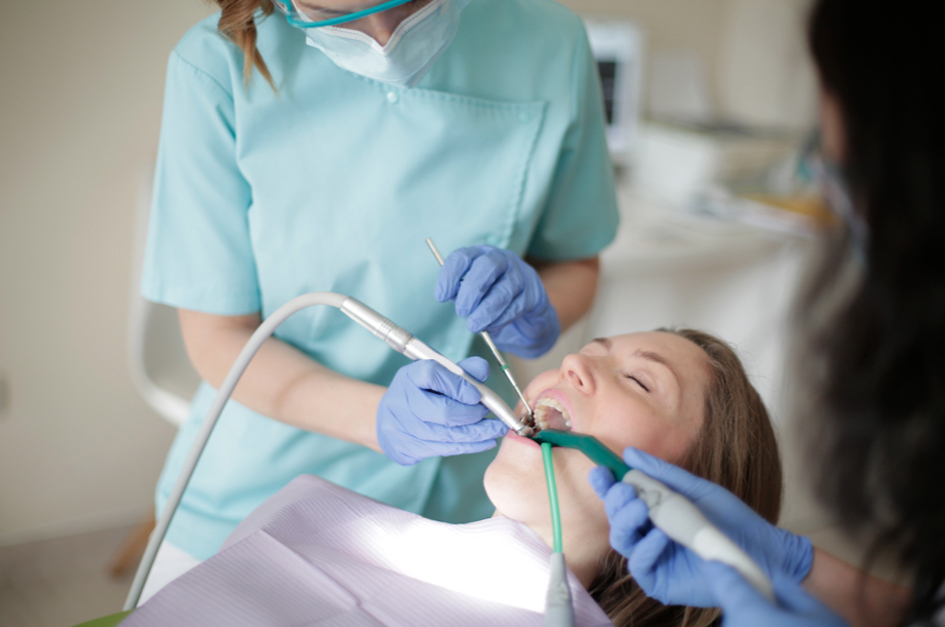Periodontal treatment and gum disease

Gum disease, also known as periodontal disease, is a very common condition which affects the tissues that support your teeth and hold them in place. Most people have experienced gum disease at least once in their lifetime to different extents. If you have gum disease, your gums may bleed when you brush your teeth or you may have noticed bad breath.
Gum disease is caused by a build-up of plaque on the teeth. Plaque is a sticky substance that contains bacteria, some of which are harmful to the health of your gums. If you do not remove plaque by regularly brushing your teeth it will build up and irritate your gums. This will lead to redness, bleeding, inflammation and soreness of your gums. This early stage of gum disease in known as gingivitis. Gingivitis can be completely reversible however if it is not treated, a condition called periodontitis can develop. If left untreated, the bone in your jaw may become damaged and small spaces can open up between the gum and the teeth. This can cause your teeth to become loose and they may eventually fall out.
Mild cases of gum disease can usually be treated by maintaining a good level of oral hygiene, having a good at-home oral hygiene regime and by seeing the hygienist regularly. If you have severe gum disease your dentist will advise you on the best course of action which may involve deeper cleaning with local anaesthetic.
